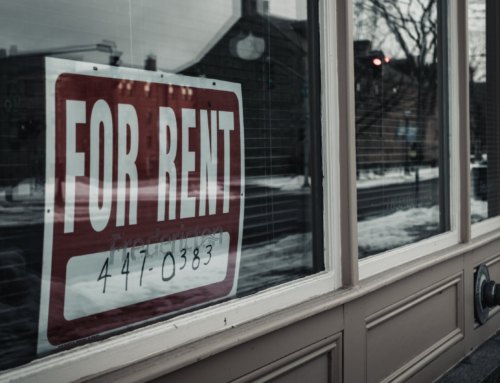What You Need To Know About Home Appraisals View article

If you’re selling a home, you’re probably daydreaming about the home you plan on moving into next. You’re probably wondering how much you can sell your home for, too.
The Purchase and Sale agreement should address the possibility that your appraisal comes in below the purchase price, and allow you to terminate the contract or renegotiate the price, says Robert Pellegrini, a real estate attorney based in Bridgewater, Massachusetts.
“If not, you could be obligated to cover the difference for a lowball appraisal, and that could mean you’re on the hook for thousands,” Pellegrini says.
But whether you’re selling or buying, you probably aren’t thinking much about the home appraisal process. It isn’t one of the most glamorous parts of buying or selling a home, and yet if home appraisals disappeared tomorrow, the real estate market would come crashing down.
So if you’re about to buy or sell a home and know little about appraisals, it’s time to change that.
What are they? A home appraisal is a very educated guess as to how much your property is worth.
Why are home appraisals important? No credible financial institution will lend you money for a house without an appraisal.
“The appraisal lets a bank or lender know what the loan collateral will sell for in a worst-case scenario,” says Bart Jackson, an appraiser in Charleston, South Carolina, who is also a real estate agent with Charleston Preferred Properties, a residential real estate brokerage firm.
In other words, to go with an extreme example, the bank doesn’t want to be stuck with a home they lent the borrower a million dollars for but can only sell for $100,000 because that’s all it is worth. The homebuyer shouldn’t want that either, of course.
So appraisals exist for good reason, but what can make them a tense time for all parties is that they’re conducted after you’ve negotiated a price, agreed to buy or sell the house and signed the contract. So it’s in everyone’s best interest that the appraisal is close to the price that both seller and buyer have agreed on.
That said, if it turns out you’re about to buy a house for a wildly inflated price, that doesn’t necessarily mean you’re obligated to buy the house. But if you aren’t careful, it could mean just that.
The Purchase and Sale agreement should address the possibility that your appraisal comes in below the purchase price, and allow you to terminate the contract or renegotiate the price, says Robert Pellegrini, a real estate attorney based in Bridgewater, Massachusetts.
“If not, you could be obligated to cover the difference for a lowball appraisal, and that could mean you’re on the hook for thousands,” Pellegrini says.



